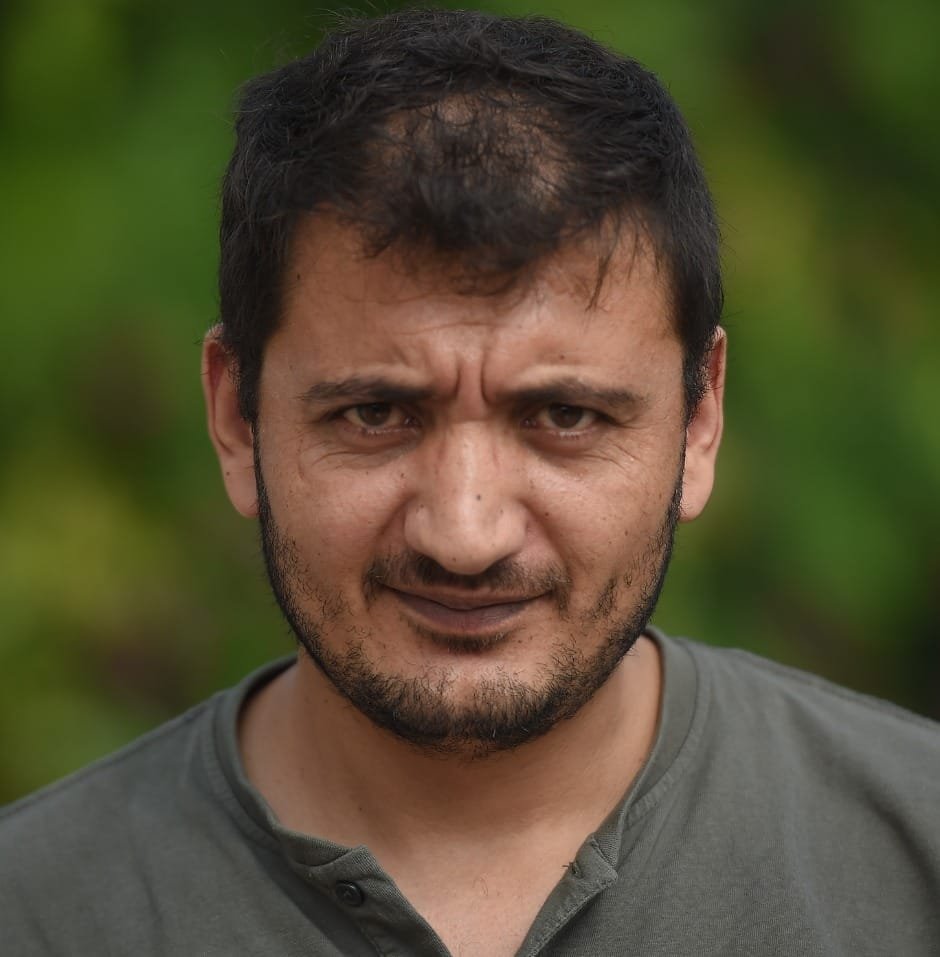High Asia Herald Report
Islamabad

Supreme Court of Pakistan’s Thursday (Jan 17) judgment on the constitutional status of Gilgit-Baltistan prompted a mixed reaction from political and social circles.
The verdict on the one hand watered down the hopes of the mainstream and pro-accession parties and demolished the myth that GB has been or could be made Pakistan’s “provisional province” through a constitutional amendment and on the other hand it vindicated the longstanding stance of progressive and nationalist parties on the disputed status of the region.
The High Asia Herald spoke to political and social activists from different hues and independent thinkers to get their reaction and comment on the judgment.
“The Supreme Court of Pakistan has formally served divorce to Gilgit-Baltistan. This decision marks the end of the illusion of being a part of Pakistan, and inaugurates a new phase of the realisation of alienation,” Aziz Ali Dad, a social thinker, and writer said in his Facebook page comment.
He was of the view that keeping the region in political limbo will only breed monsters that cannot be controlled through temporary arrangements.
Now the SC has put an end once for all the notion that GB will ever become a province of Pakistan in whatsoever form and paved the way for the residents of the disputed region to participate in a plebiscite on Kashmir if may hold. It has also closed the chapter for federal parties to do politics in the name of provisional province or accession to Pakistan, advocate Ali said.
The SCP has removed the confusion about GB’s status making it easier for youth and progressive forces to expedite their struggle in the right direction, he hoped. Responding to a question, Mr Ali said that there are no two opinions on the political struggle to achieve democratic andconstitutional rights.

“I have been expressing this at the forums of the legal fraternity and opposed the move to approach the SCP. Now those people who always seek legal course for the solution of political issues should realise and admit their mistake,” he asserted.
He called on progressive and radical youth and student activists to get united and launch a movement for implementation of the UNCIP Resolution of Aug 13, 1948 envisaging fundamental rights, internal autonomy, election for a constituent assembly to frame a constitution for the region and transfer of all legislative powers from GB Council to GBLA except deployment of forces on borders and currency.
Dr Ghulam Abbas, who was one of the petitioners who had impleaded the court to enforce its 1999 judgment, expressed disappointment over the verdict.
Speaking to media outside the SC immediately after the verdict, the nationalist leader announced to take the case to the United Nations and the International Court of Justice.

The views were also echoed by academics and activist Zaighum Abbas.
“SC judgment, on the one hand, is a mockery of the democratic and constitutional rights of Gilgit-Baltistan which have been usurped and kept in limbo for the last seven decades; on the other hand it vindicates the fact that rights cannot be achieved through petitioning courts rather through movements,” he asserted.
This was the reason that the mainstream political parties were given lollypops and confined to local bodies’ level politics, he commented.
“Pinning any hope on these parties is nothing but sliding down further in disappointment and frustration,” he lamented.
Amin Beg, a development expert thanked the CJ and SCP for nailing it now.
“We appreciate this verdict as it clears all the myths and dust. This verdict has accepted the unique identity of GB, the relevance and legality of the UN resolutions, the prime responsibility of the Pakistan Government to ensure the provision of fundamental freedoms to the people of GB and their right to reach out to the SCP against any court verdict in GB,” Mr Beg said.

Similarly, according to Mr Beg, the apex court has accepted the authority of GB courts to review the legislation and decisions of Gilgit-Baltistan Council which is chaired by Prime Minister of Pakistan.
“The ostrich-like policy of federal political parties is over now and this is a great milestone to demand full local authority in light of the UN resolutions and SCP verdict till the time the Kashmir issue is resolved, if it may,” Beg concluded.

These views were also echoed by Anayat Baig, an activist and member of AWP-Gilgit-Baltistan.
“Today is a day to thank the SCP for acknowledging our longstanding stance on the constitutional question of Gilgit-Baltistan again, after 1999. The apex court said it categorically that GB is neither a constitutional part of Pakistan nor it can be made one,” commented Baig.
The court also endorsed that the case has to be seen in accordance with the UNCIP resolutions which clearly indicates that any solution to the constitutional status of GB is not in the hands of the highest court of Pakistan.
But the court missed an important fact by claiming the region as disputed but didn’t say a word on the non-constitutional presence of Pakistani political parties outside their constitutional ambit, he questioned.
“It didn’t say anything about the illegal loot and plunder of the region’s natural resources — mineral, water, tourism, and land — by the elite of Pakistan,” he maintained.
For many, the discussion on our constitutional rights stops here but for the forces of resistance, the struggle has taken a new turn and will pace up, he affirmed his pledge.
Gohar Abbas, an award-winning journalist described the move by the Gilgit-Baltistan Bar Council and others “suicidal” and asked them to seek apologies from the people of the region.

Mr Abbas was of the view that the GBBC hired a lawyer who had neither time nor the required knowledge of the subject. His arguments were against the interests of people he was representing.
“Now with our freedom officially chained, announcements of going to the United Nations are nothing more than a cheap publicity stunt and face-saving tactics,”, he quipped.
He also questioned those who are frustrated over the Supreme Court verdict in which the court said nothing but the truth. Gilgit-Baltistan is not a constitutional part of Pakistan and will never be until the Kashmir issue is resolved. Those who were actually “expecting” something should realise that Gilgit-Baltistan is a Pakistani colony and that’s how colonies have been treated in history.
“Today the Supreme Court said Gilgit-Baltistan is a disputed territory and not a constitutional part of Pakistan. The Foreign Office, the Establishment, and political parties have been for decades taking the same stance. But when I, a resident of Gilgit-Baltistan, say this, I am declared a traitor by the Pakistani courts, the Foreign Office, the establishment and the politicians. It does not stop here. I am charged with treason and put behind bar,” he lamented.

The High Asia Herald is a member of High Asia Media Group — a window to High Asia and Central Asia
